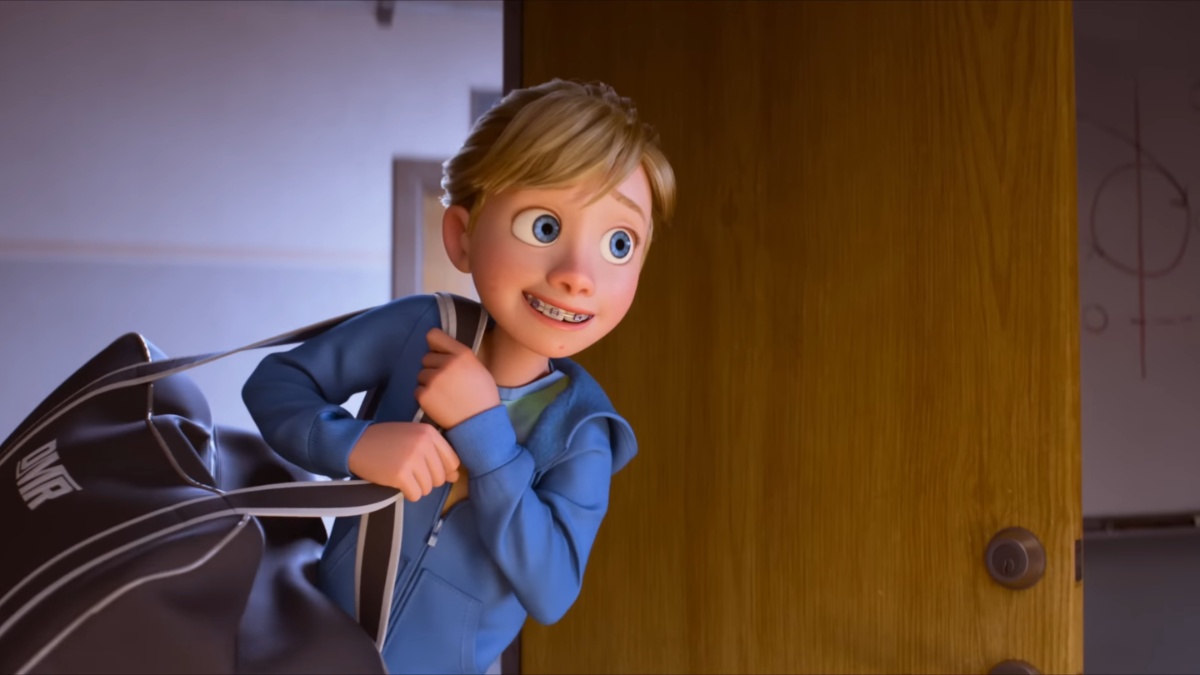Adults Need ‘Inside Out 2’s Important Point About Hobbies Just as Much as Kids Do
They really know us inside out, eh?

Despite being a kids’ movie on the surface, Pixar’s Inside Out 2, directed by Kelsey Mann, is sure to be a cathartic experience for the grown-ups.
In this worthy sequel to Inside Out (2015), the new emotions that enter the chat have an unofficial leader, Anxiety (voiced by Maya Hawke), and that alone feels pretty relatable for all ages! It’s not a Pixar movie if it doesn’t hold up a mirror to your deepest emotions in the most endearing, effortless, and adorable way.
And Inside Out 2, with its emotional intelligence off the charts once more, offers plenty of those epiphanies as we see Riley (Kensington Tallman), now a teenager, off to hockey camp with her two best friends, Bree (Sumayyah Nuriddin-Green) and Grace (Grace Lu). But my favorite part is what the film’s ending has to say about our hobbies and how we approach them.

In the beginning, Riley is still being steered by the familiar troupe of emotions—Sadness (Phyllis Smith), Fear (Tony Hale), Anger (Lewis Black), Disgust (Liza Lapira), and Joy (Amy Poehler). They’ve created something new in Riley’s mind, her Sense of Self. It’s her core personality that grows from her different memories and experiences, carefully curated by Joy. However, Riley turns 13, a teenager now, and suddenly, a parade of new, unfamiliar emotions barges in to turn everything in the console haywire.
Anxiety is in charge now. According to her, Riley has to be better than the best during this three-day hockey camp, or she’ll be friendless, jeopardize her entire future, and be unhappy. To make that happen, Anxiety puts a series of things in motion that completely change Riley.
The biggest change? 13-year-old Riley starts thinking of a simple end-of-camp hockey scrimmage as the end of the world. It makes her act erratically, gives her sleepless nights, and kicks her imagination into overdrive, coming up with the worst scenarios of everything that could go wrong.

And suddenly, playing hockey, something that Riley really enjoyed and was naturally good at, becomes the thing that makes her extremely anxious. The desperate need to excel in it, to beat a senior hockey player on the field to prove that she would fit right in with the high school team, ruins the joy of the game for her. It was the game that she happily played with Bree and Grace, but now, they too are opponents she has to defeat.
Of course, that doesn’t end well for Riley, but lucky for her, Joy, Sadness, and others have got her back. But if we were to pause here for a minute, and really think about it, we realize what Inside Out 2 wants to say about turning every little thing that gives us joy into a competition.
While I was watching this happen to Riley in Inside Out 2, I thought back to my own obsession with a language learning app lately. I started it as a way of learning new languages, something I enjoyed doing as a teenager. The app gamified learning, which was initially a good way to stay motivated. But soon, I felt the need to top every level, beat every opponent, and would lose heart if I broke my streak. More than the joy of learning something I liked, it was now making me anxious.

These days, hobbies and interests—whether they’re writing poetry, reading, painting, dancing, hiking, or playing a sport—have become about putting on a show and excelling at everything we do. We have to do it a certain way, we have to post about it on social media, and we measure how good or bad we are based on others’ reception of it. Did it get enough likes and shares? Was I better at it than my friends? Did I score the highest? Should I even continue doing this if I am not good at it? The overthinking never stops.
But remember when we were younger and perception didn’t matter? Excellence wasn’t an inhibition; it was an afterthought. Maybe we get good at it, maybe we don’t, but that never stopped us from doing what we loved. We were less embarrassed, more unfettered, and perhaps we need to bring some of that back.
Have a tip we should know? [email protected]